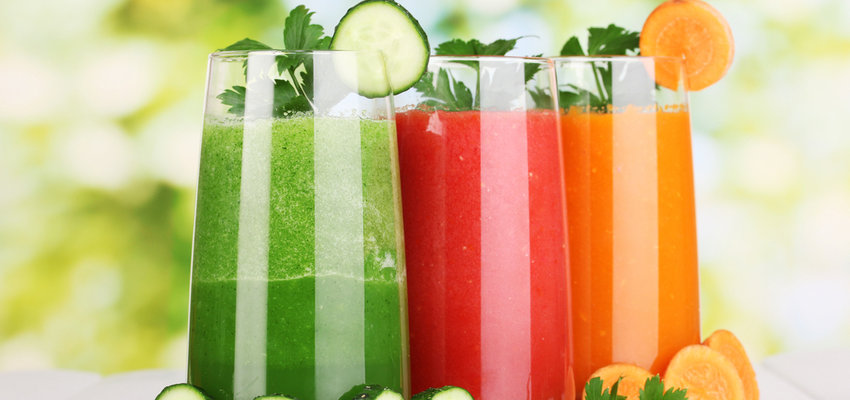
by Dr. Michael Murray | Jan 14, 2014 | Natural Facts
According to the latest CDC Influenza Surveillance Report, flu is widespread in 25 states so far this season. As for the common cold, the CDC estimates that more a than 1 billion of us will suffer from it in 2014. Raw fruit and vegetable juices are great immune system...
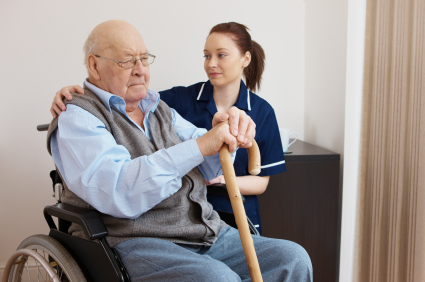
by Dr. Michael Murray | Jan 13, 2014 | Natural Facts
The right nutrients and herbs can help repair damage and improve quality of life Strokes are the leading cause of adult disability in the United States and the third leading cause of death. A stroke can be the result of a lack of blood flow caused by a blood clot or a...
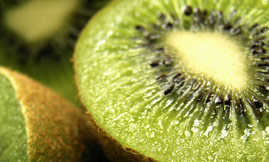
by Dr. Michael Murray | Jan 10, 2014 | Natural Facts
PQQ a new wonder supplement may be able to help your brain fire on all cylinders no matter your age A recently discovered, vitamin-like compound known as pyrroloquinoline quinone—or PQQ—shows promise for boosting mental performance and memory. This naturally occurring...
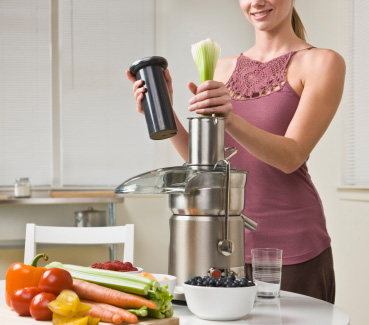
by Dr. Michael Murray | Jan 4, 2014 | Natural Facts
Juicing has been around since countertop appliances became popular in the 1950s and ’60s. Today, raw juice bars are everywhere, and lots of people own juicers to make their own fresh and healthy drinks at home. Consuming raw juice has many benefits. It gives us...

by Dr. Michael Murray | Jan 4, 2014 | Natural Facts
Many fruits and vegetables have powerful healing properties for specific illnesses, and for boosting immune function in general. However, supplementing raw fruit and vegetable juices with fresh herbs and spices can provide additional health benefits. Here are four of...
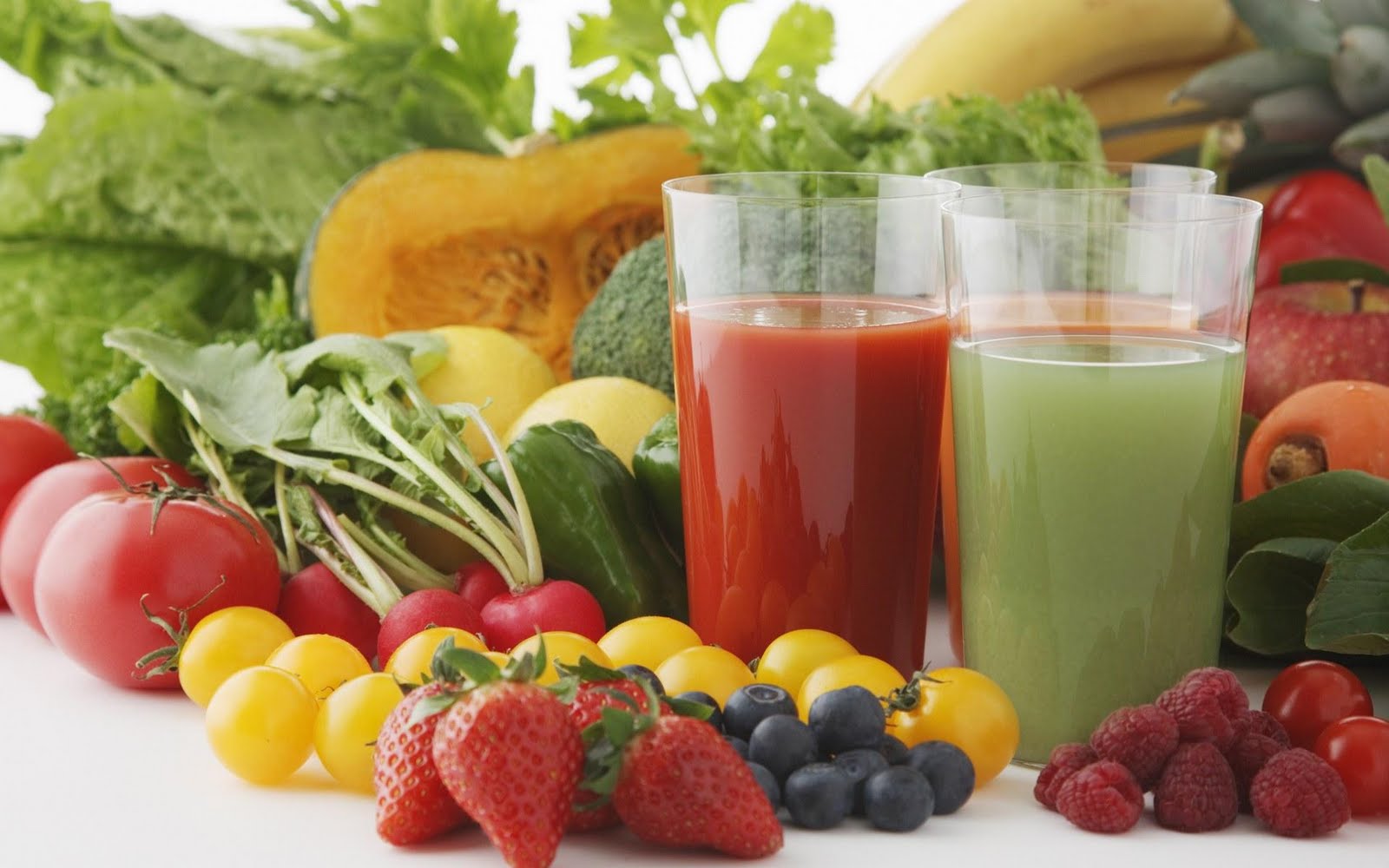
by Dr. Michael Murray | Jan 4, 2014 | Natural Facts
Detoxification of harmful substances in the body is a continual process, and it doesn’t have to be unpleasant. Actually, the best approach may be to detoxify gradually. A rational approach to detoxing can include a long-term approach combined periodic short...









